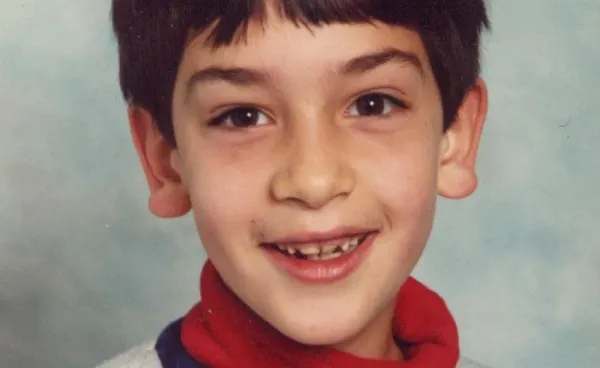Spinning a tech career into writing
I have a lot of admiration for Eliot Peper, who has spun a career in tech into a career in writing science fiction novels rooted in the intersection of technology and society. They’re fun reads, first and foremost, but there’s always an insight into how technology is made, and what that means for the rest of us.
His latest, Foundry, is a kind of spy novel about semiconductors that takes you on a knockabout ride before arriving at a satisfying conclusion that could — if he wanted — be the start of a series that I would happily read. Along the way, small details betray an interest in just about everything. (I particularly appreciated a discussion of how people of partial-Indonesian descent are treated in the Netherlands.) His books are very much in the tradition of pageturners by authors like Michael Crichton and John Grisham. I’ve enjoyed them a lot.
One of the reasons I admire Eliot’s work is that this is absolutely where I want to take my life, too. Writing was always my first love: there was a Sliding Doors decision point where I could have chosen an English / journalism or computer science route. Despite a career in technology that has taken me to some interesting places, it’s a testament to that original love that I still don’t know if I picked the right path.
I ended up going into computers specifically because the nascent web was so perfect for storytelling. My computer science degree has been a useful bedrock for my work in software, but there was far less exploration of computing in intersection with the humanities (or any kind of humanity at all) than I would have liked. Over the last few years I’ve allowed myself to pursue my original interest, and it’s been rewarding. Lately, I’ve been getting 1:1 mentorship through The Novelry, which has helped me to overcome some imposter syndrome and put a more robust shape to the plot I’m working on. Eventually, I’d like to try for a creative writing MA, once I can demonstrate that I’m more than some computer guy.
I’ve been lucky to have people in my life who have made a living through writing stories. (I wrote about this recently with respect to opening up possibilities for our son.) My childhood friend Clare’s dad was the author and Tolkien biographer Humphrey Carpenter. I remember being enthralled that he could sit and write stories for a living. I was similarly enthralled, years later, when my cousin Sarah became a wildly successful young adult author. (She’s just started blogging again, and it’s quite lovely and worth subscribing to.) They demonstrated that it’s possible. It’s reductive to say that you’ve just got to sit down and do it — there is a craft here, which needs practice and attention — but that is, indeed, the first step, for them and every writer.
Giving myself the permission to just sit and do that has been difficult. Blogging is second nature for me: I can take an open box on the web, pour out my thoughts, and hit publish. An intentional long-form work requires a leap of faith, a great deal more craft and editing, and significantly less of a dopamine rush from people commenting and re-sharing. It’s possible that nobody else will see what I’ve written for years. It’s equally possible that it’s terrible and very few other people will ever see it. But I’ve decided that giving myself permission to sit down and write means giving myself permission to fail at it. In turn, I’ll learn from that failure and try again, hopefully writing something better the next time. I do want it to be a work that other people enjoy, but there’s also value in allowing myself to create without needing an immediate follow-up.
In the meantime, I have huge admiration for people like Sarah, Eliot, and Humphrey, who gave themselves the space and cultivated the dedication to write.
You should check out Eliot’s work and go subscribe to Sarah’s blog.
Now, onto today’s word count.



